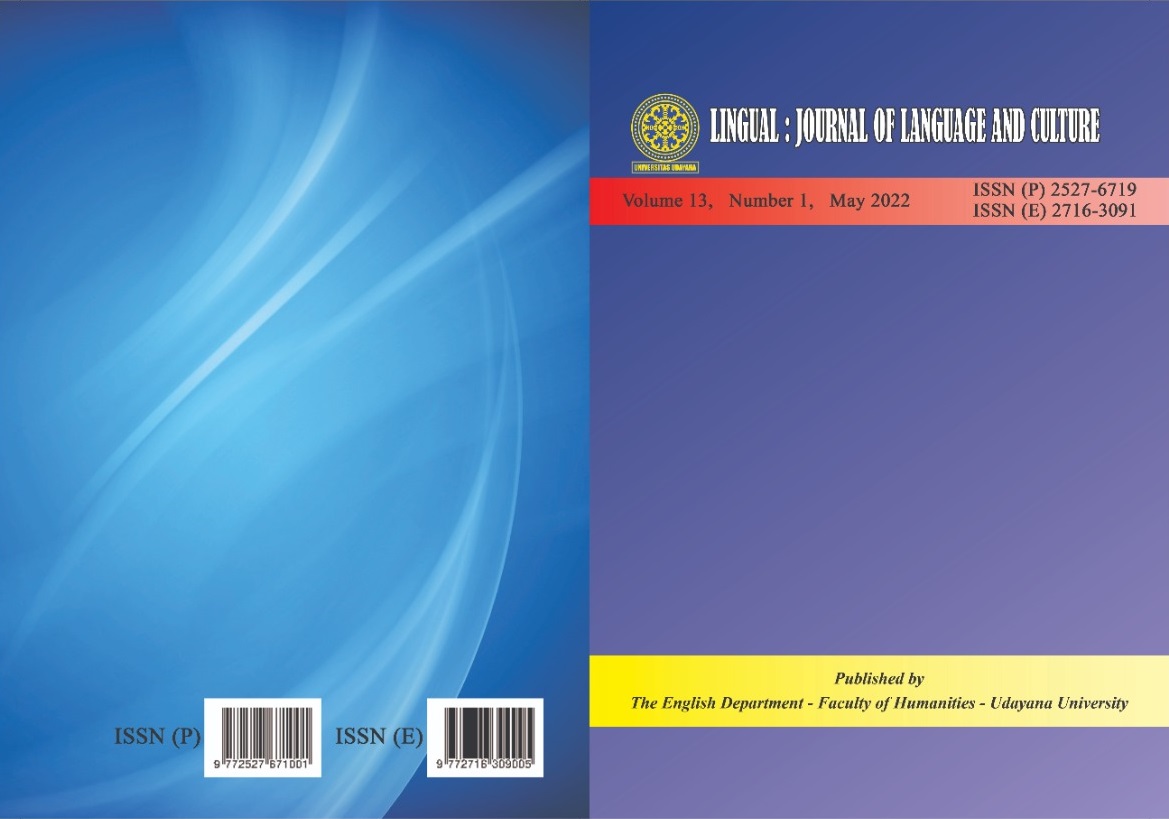Mulan Meeting Her Waterloo in Homeland: Analysing the 2020 Film from a Cultural Perspective
Abstract
On 4 September 2020, Disney released a remake of its 1998 hit animation, yet the film Mulan fails to replicate its success in the Chinese market this time, as reflected by its box office and online review. It is unexpected for Mulan to meet her waterloo is her homeland, as the patriotic legend involving cross-dressing has been entrancing and intriguing generations of Chinese people from both ends of the social spectrum via a range of media. Among divergent versions of Mulan narration, the Poem of Mulan composed circa the 5th century is the earliest and most established one, and since it has been in the school textbook for decades, the majority of Chinese people’s construal of Mulan is impinged upon by this work. The film Mulan, however, exhibits disparate core values from the Poem of Mulan: the former features filial piety and loyalty, whereas the latter feminism and being true. Furthermore, the film depicts Mulan as a quasi-witch woman with mighty qi that cannot by wielded by females, discrepant from the poem that is void of supernatural demonstrations and interventions, impinged upon by Confucian agnosticism and atheism. Additionally, the film demonstrates historical and cultural details that appear to be counterfactual to Chinese audiences, which is regarded as ignorance and disrespect of Chinese culture.












